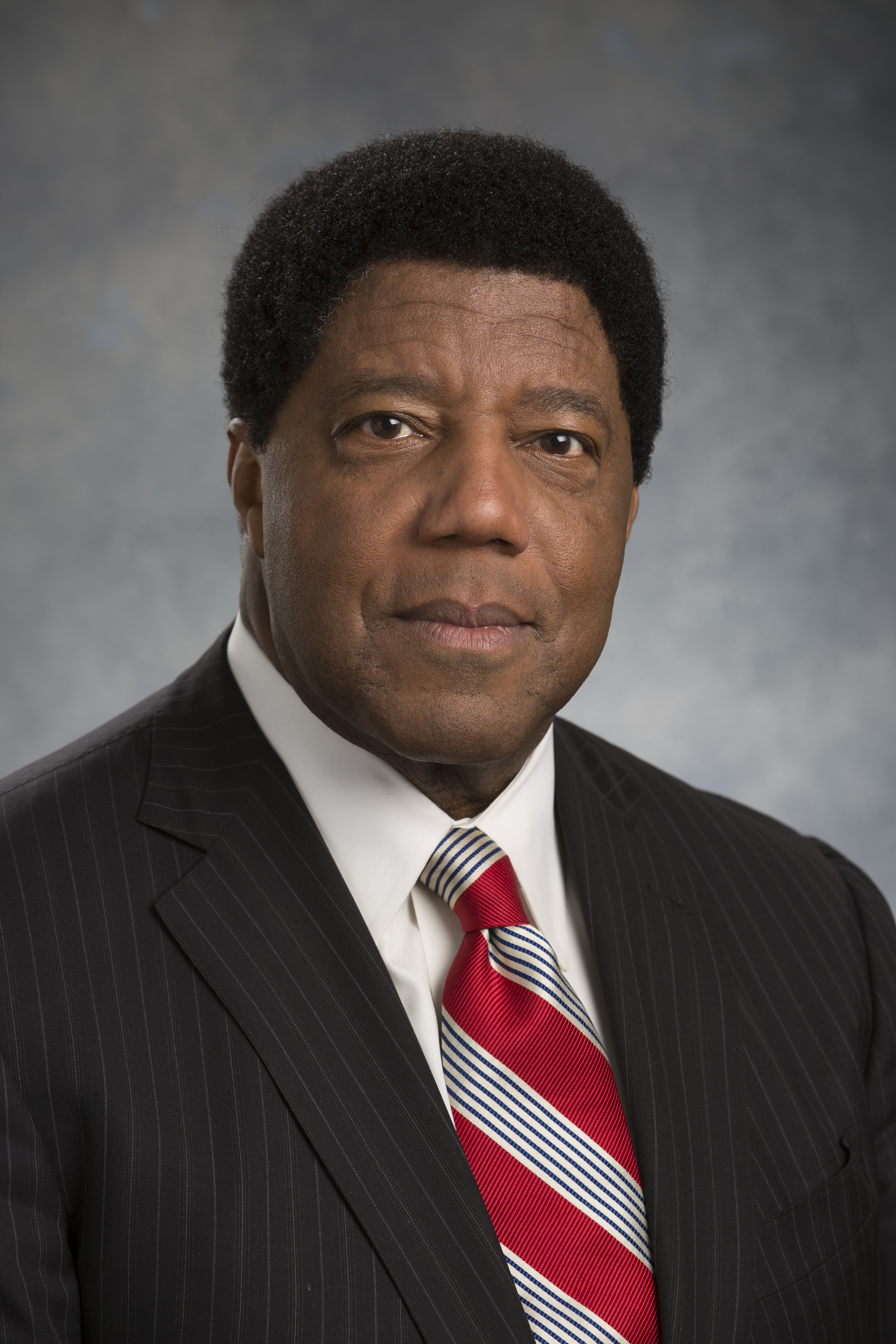Growing up in Twin Lake, Mich., with eight siblings and no health insurance, Lloyd Dean, president and CEO of San Francisco-based Dignity Health, experienced the effects of inadequate healthcare firsthand. He's devoted his career to improving healthcare delivery for the communities he serves, and after 22 years spent working in health system administration, Mr. Dean's commitment to achieving health equity for all remains steadfast.
In 2000, Mr. Dean joined Dignity Health, the fifth largest health system in the U.S. serving 21 states. Before then, he served as executive vice president and COO of Downers Grove, Ill.-based Advocate Health Care. He previously held executive positions in the healthcare services division of former pharmaceutical company The Upjohn Company.
In addition to leading Dignity Health, Mr. Dean serves as chair of the board of directors for Committee on Jobs, a business-sponsored organization that promotes the long-term economic vitality of San Francisco. He is a member of the boards of Wells Fargo, Mercy Housing California, Bay Area Council and McDonald's Co. 
Here, Mr. Dean took the time to answer Becker's seven questions.
What's one thing that really piqued your interest in healthcare?
I lived in a community growing up where when people got sick, they either muscled through or didn't make it. When I was accepted into a school in a more affluent community, I was shocked at how much healthier my peers and their families were because they had regular checkups and access to care. I saw firsthand the perils of not having access to quality, affordable healthcare, and so I've made it my mission to do everything in my power to improve access in the communities Dignity Health serves.
What do you enjoy most about San Francisco?
The first time I visited San Francisco, I said to my wife Suzanne that this was where we needed to be. It's the diversity of color, background, religion — and therefore, diversity of thought — that makes San Francisco not just tolerant, but inclusive and warm. Living through the dynamics at play in the 1960s made coming to San Francisco feel like the Promised Land in many ways.
If you could eliminate one of the healthcare industry's problems overnight, which would it be?
Easy. Health disparity and inequality. Studies have shown there is more male than female-oriented health research; more focus on Caucasian health than African American, Hispanic, or Latino health; and lack of access disproportionately affects minorities and low-income patients. I would eliminate the disparities of access, research and care to ensure everyone has access to high quality, affordable healthcare.
What do you consider your greatest talent or skill outside of the C-suite?
Outside of the C-suite, my greatest skill is prioritizing what is important. I want to be a good husband, father, brother and grandfather. And it is important to me that I set an example by being a good human being and treating others with human kindness.
How do you revitalize yourself?
In an ideal day I would spend time with my kids and grandkids during the day, relax and listen to my favorite R&B tunes in the afternoon, and take my wife out to a nice dinner. I would be incredibly revitalized after a day like that. For me, it's all about time with my family.
What's one piece of advice you remember most clearly?
My mother was an incredible woman. Grounded in faith, she was kind, caring, and always believed that tomorrow would bring a brighter day. She told me three things that have stuck with me and served me well. One, be willing to stand up for what you believe in. Sometimes that means standing alone, but no matter what, be a person of principles even if it isn't easy. Second, treat others as you want to be treated. And third, be proud of who you are.
What do you consider your greatest achievement at Dignity Health so far?
My greatest achievement at Dignity Health is creating a team that believes at their core that we are stronger and greater in aggregate. The power of the whole is important at all levels of the organization. Each of us are equal spokes on a wheel, and you need all the spokes on the wheel to turn. And I am honored to lead an organization of great nurses, physicians, and staff — 71,000 strong spokes on the Dignity Health wheel.


